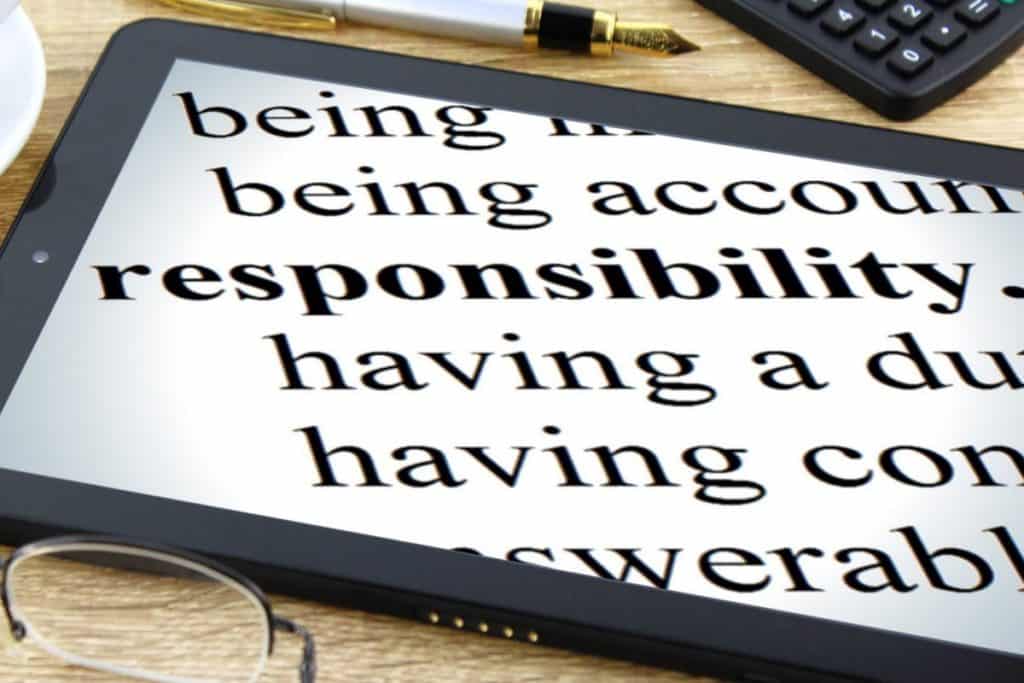
Responsibility. CC BY-SA 3.0 Nick Youngson
Responsibilities for the future of higher education?
What responsibilities are there for the future of higher education? Who has these responsibilities? To whom might they answer for these responsibilities? We’ll explore big questions like these in a mini-series of IF online discussions via Zoom. We plan to launch in the next two weeks. We’re looking for individuals who are willing to engage collaboratively with others to explore divergent perspectives. The mini-series will entail a pair of discussion sessions, each roughly 60 minutes. Our goal is to develop different ways to frame the core questions that are vital for a robust public consideration of the responsibilities for higher education. IF Vice President Jeff Prudhomme will facilitate this mini-series. Contact him ([email protected]) if you’re interested in joining a discussion series.
Some questions we’ll consider
- Who is responsible for higher education?
- Who are the stakeholders for higher education?
- Who plays what role and has what responsibilities for the future of higher education?
- How could or should higher education be governed to embody these responsibilities?
- For what are they responsible or accountable?
- Who is responsible for the quality of higher education—and how is this quality determined?
- What makes higher education experiences successful? How do we know?
- How have responsibilities evolved over time?
- To whom are they accountable—to whom do they respond in their responsibilities?
- Who does or should higher education serve?
- If we say persons or organizations have responsibilities for higher education, to whom do they or should they answer?
Background: IF’s Future of Higher Ed Discussion Guide
These discussions are intended to expand beyond IF’s 2012 discussion guide on The Future of Higher Education. That guide sketches out 6 different policy ideas that each embody different visions of the purpose of higher education:
- Higher education as career training and a means to economic development
- Higher education as a way to shape a better world and solve complex societal problems through greater connectedness
- Higher education as innovation labs to foster new discoveries and developments
- Higher education as a means to holistic personal development through guided learning and mentorship
- Higher education as a means to serve the needs of the local or home community
- Higher education as a means for global learning through a worldwide accessible system with shared international curricular standards
–Jeff Prudhomme, Vice President, Interactivity Foundation



